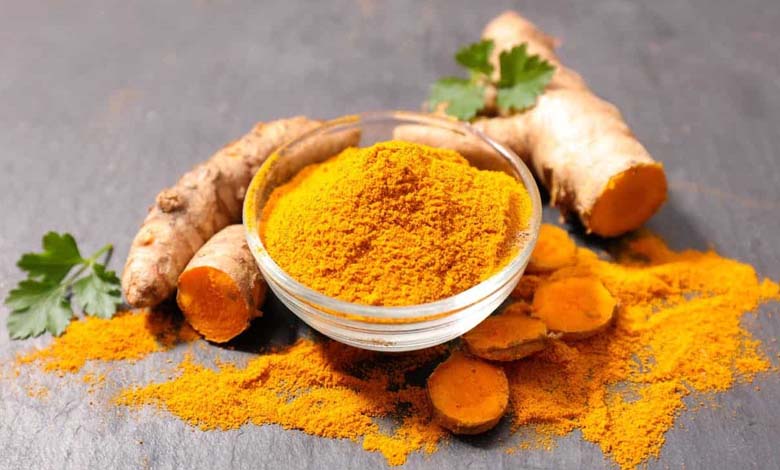Ginger and Turmeric: “Hidden” Side Effects

Spices not only add aroma and flavor to your dishes but also provide numerous health benefits. Some can naturally relieve pain due to their anti-inflammatory properties, while others help manage conditions such as arthritis, toothaches, weight loss, or heart protection.
However, health experts emphasize that you must understand the ideal dosage and assess any potential side effects before incorporating some of these spices into your diet, including:
Ginger
Ginger has many medicinal properties due to its active compounds that aid digestion, reduce bloating, and treat constipation, nausea, and swelling. However, when consumed in high doses, ginger can cause heartburn, sometimes diarrhea, and mouth irritation.
Excessive consumption of ginger may also increase the risk of bleeding in some individuals and worsen certain heart conditions.
Ideal dosage: Daily consumption of ginger should be limited to 3-4 grams only.
Turmeric
One of the oldest spices, turmeric is used to treat many inflammations, digestive problems, and to relieve aches and pains. It is famous for its diverse benefits.
The curcumin compound found in turmeric is known to improve insulin sensitivity, prevent inflammation, cancer, and urinary tract infections, as well as many other health issues.
However, nutritionists advise against consuming large amounts of turmeric, as it can disrupt the digestive system, causing constipation, diarrhea, indigestion, gas, and acid reflux.
Turmeric also has blood-thinning properties, which can increase the risk of bleeding. Additionally, excessive turmeric intake can lead to a sudden drop in blood sugar levels. High doses of curcumin can also damage the liver.
Ideal dosage: Limit your daily consumption of turmeric to 3 grams only for optimal results.












